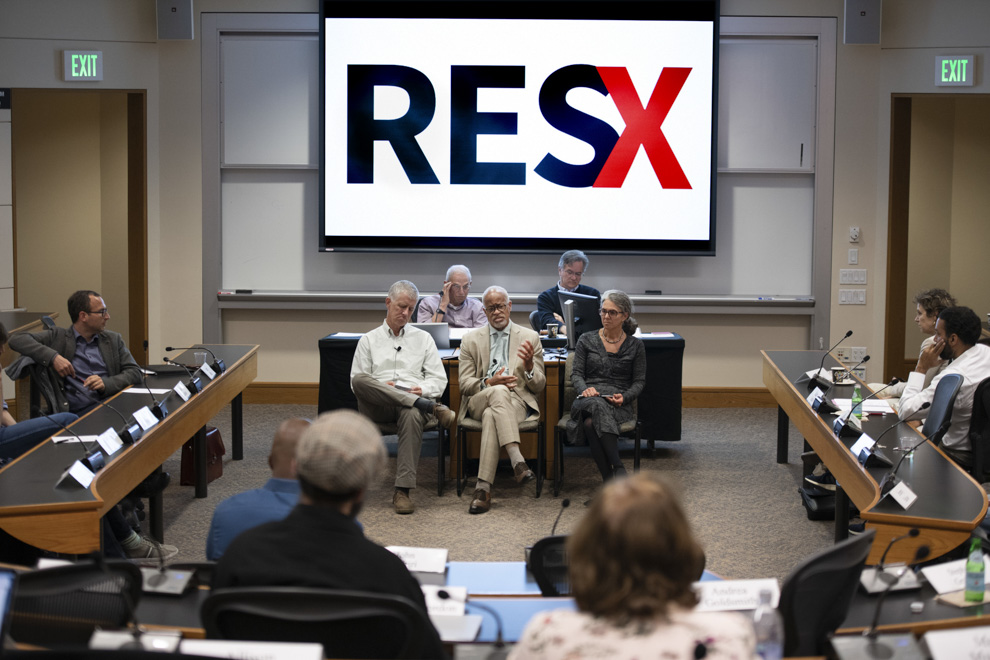On Thursday night, the University sent an email update on the progress of the ResX Task Force, noting that the Task Force is “shifting away from information gathering to fully focus on articulating [its] recommendations.”
The update immediately followed ResEd’s contested decision to put Outdoor House’s “Outdoor Education” theme on a one-year hiatus during the 2019-2020 school year, discontinuing its partnership with and funding from the Outdoor Center.
The ResX Task Force was initially convened by Provost Persis Drell in April as part of Stanford’s long-range planning process. It is intended to inform the structure of campus life and residency, including that of University employees, undergraduates and student staff.
Recommendations will be submitted to Drell by the end of fall quarter, and the Task Force hopes to publish the results of the recommendations by spring quarter. The email, sent by Vice Provost for Student Affairs Susie Brubaker-Cole and Senior Vice Provost for Education Harry Elam, confirms that ResX’s recommendations will not affect the 2018-2019 housing draw process.
According to the email, ResX has spoken with 500 students, faculty, staff and alumni, and has received more than 600 unique feedback submissions on its website. The email states that ResX “tried [its] very best to meet with every group of students that requested a meeting,” but does not clarify how many meeting requests were denied nor under what circumstances that occurred.
“No group was turned away to our knowledge,” wrote Student Affairs spokesperson Pat Harris in an email to The Daily. “Because we feared that a group may have somehow been missed, we used less than absolute language in the [ResX update email].”
The email also outlines “three core priorities” for the Task Force moving forward. These priorities include the role of residences in “promoting students’ sense of health and well-being,” “creating community” and advancing students’ “personal and intellectual growth.” The email did not elaborate on how exactly these priorities will factor into their recommendations.
“In this process, we have learned about your experiences in our residences, what matters most to you and what you see as important to the University with respect to the future of the undergraduate experience,” the email reads.
Key student concerns identified in the email include “the draw process” and “equity of pay among student staff members.” Peer Health Educators (PHEs) and Ethnic Theme Associates (ETAs) have expressed concerns in recent months over how their wages compare to those of Resident Assistants (RAs).
“There is much more, but we wanted to share out some of the common themes that we are hearing,” the email reads.
The Daily has reached out to Brubaker-Cole for comment.
This article has been updated with comment from Pat Harris, the spokesperson for Student Affairs.
Contact Holden Foreman at hs4man21 ‘at’ stanford.edu.
